What We Do For
Anti-Counterfeiting Investigations
Though the eradication of counterfeiting and piracy remains an elusive goal, an assertive approach with an anti-counterfeiting and anti-piracy policy stands as the foremost deterrent against infringers. Our adept professionals excel in formulating and implementing strategies aimed at curbing piracy and counterfeiting.
Digital platforms such as websites, email, search engines, social media, and smartphones have fundamentally transformed the business landscape. E-commerce now represents over 13 percent of consumers’ discretionary spending. Naturally, counterfeit products and services abound in these spaces where customers frequent. The process of globalization has introduced significant unpredictability into global supply chains and trade relations. In such a context, customs authorities worldwide are tasked with the vital responsibility of striking a balance between regulatory compliance and facilitating market transactions.
Anti-counterfeiting Companies India
Counterfeiting and piracy continue to pose an escalating threat to both society and the economy. Fake or pirated goods are prevalent worldwide and across all sectors of industry.
The volume of counterfeit products sold through physical markets, including street corner vendors, is on track to surpass digital counterfeits. Brands suffer significant financial losses, amounting to hundreds of billions of dollars annually, due to counterfeit or pirated content proliferating online. Counterfeiters capitalize on the ease of mimicking goods to generate illicit profits.
Particularly concerning are counterfeit goods that pose direct threats to consumer health and safety. Moreover, the illicit trade in counterfeit goods often intersects with other serious crimes, such as money laundering and funding for terrorist organizations.
Luxury fashion brands, for instance, endure substantial revenue losses amounting to approximately $30.3 billion from counterfeit products sold online, as reported in the 2018 Global Brand Counterfeiting Report. According to Ghost Information, some of the most counterfeited fashion brands on Instagram include Louis Vuitton, Chanel, Gucci, Nike, Fendi, and Balenciaga. The sale of knockoff products not only undermines brand integrity and profitability but also has links to funding terrorism and other criminal enterprises.
What Are How A Counterfeiter Tries To Imitate The Original Brand?
Counterfeiters employ various methods to mimic the original brand:
- Trademark Infringement: Counterfeiters may replicate the brand’s logo, symbols, or trademarks to make their products appear genuine.
Low-Quality Materials: They often use cheaper materials of inferior quality to produce counterfeit goods, aiming to mimic the appearance of the original product at a lower cost.
Packaging Replication: Counterfeiters replicate the packaging design, labels, and tags of the original product to deceive consumers into believing they are purchasing an authentic item.
Manufacturing Processes: Some counterfeiters may attempt to replicate the manufacturing processes used by the original brand to create a product that closely resembles the genuine article.
Distribution Channels: Counterfeiters may exploit various distribution channels, including online marketplaces, street vendors, and unauthorized retailers, to sell counterfeit goods to unsuspecting consumers.
False Claims: They may make false claims about the origin, quality, or authenticity of the product to mislead consumers into believing they are purchasing a genuine item.
By employing these deceptive tactics, counterfeiters seek to imitate the original brand and capitalize on its reputation and popularity for illicit gain.
Address routine business licensing challenges
Prevents licensing non-compliance
Prompts corrective action strategy
FAQs
Anti-counterfeiting investigations involve efforts to identify, disrupt, and prosecute individuals or organizations involved in the production, distribution, or sale of counterfeit goods. These investigations are essential for protecting consumers, businesses, and brands from the harmful effects of counterfeit products.
Benefits
What We Offer
Owl Eye Solutions offers state-of-the-art Anti-Counterfeiting and Online Monitoring services, safeguarding brands against illicit activities. By harnessing advanced technology and expert analysis, Owl Eye identifies and neutralizes counterfeit products, preserving brand integrity and consumer trust. Their extensive online monitoring solutions monitor unauthorized brand usage and counterfeit sales on digital platforms, facilitating prompt response to infringements. Rely on The Owl Eye for proactive measures to protect your brand reputation and combat counterfeit threats with efficacy.
- Our methodologies epitomize a strict adherence to industry-recognized standards. Furthermore, we boast one of the highest rates of education and employment verification in the field.
- We engineer products and services that anticipate and respond to both current and future screening needs.
- Strategy Guided by Compliance: Mitigating risks is a pivotal element in effective recruitment strategies aimed at enhancing brand development.
- Swift Turnaround Times: In facilitating expedited decision-making for our clients, we furnish real-time results as they become available, expedite communications with third parties, and utilize candidate-provided documentation where suitable.
- Global Outreach: Given the increasingly globalized nature of the workforce, it is imperative for your background check provider to procure candidate background information from diverse regions around the world.
- A Century's Worth of Collective Expertise You Can Depend On.
- Affiliated with PBSA - Professional Background Screening Association.

- House
Services
We Provide
These services often entail the utilization of advanced online monitoring tools and tactics to detect and eliminate counterfeit merchandise from e-commerce platforms, social media platforms, and various other online marketplaces.

- Market Surveys
- Criminal / Enforcement Actions
- Online Monitoring
- Investigations
- Supply Chain Audits
Copyright 2023 by The Owl Eye Solutions. All Right Reserved

